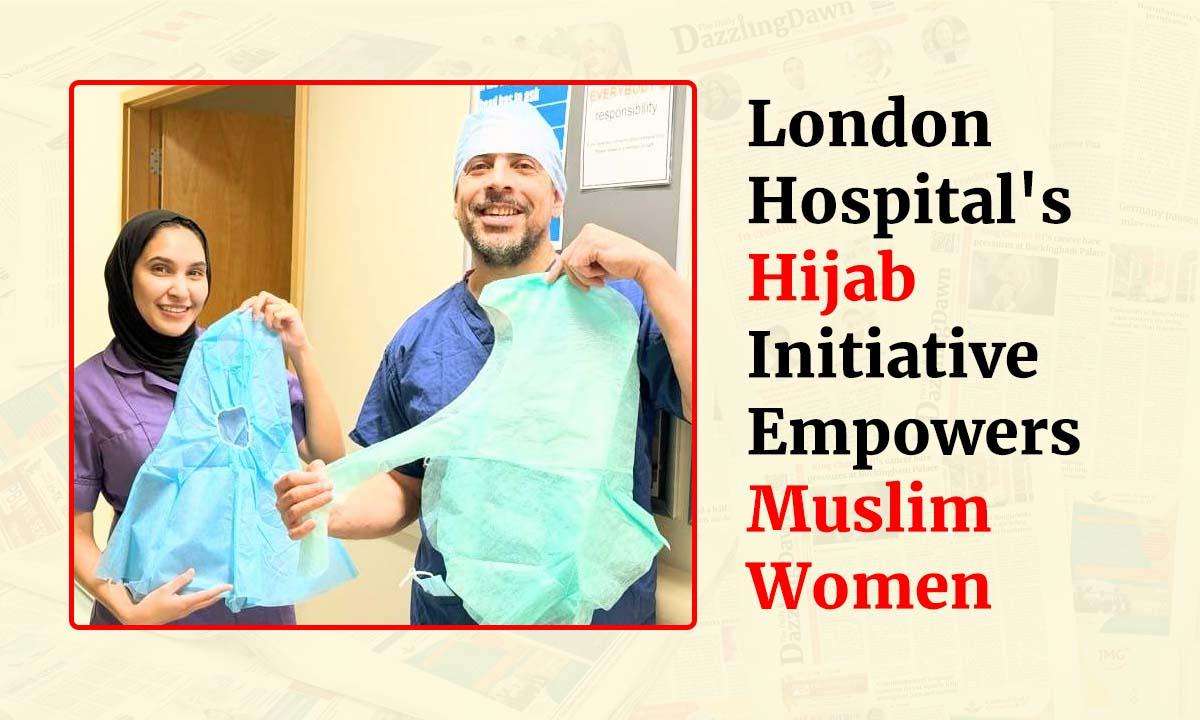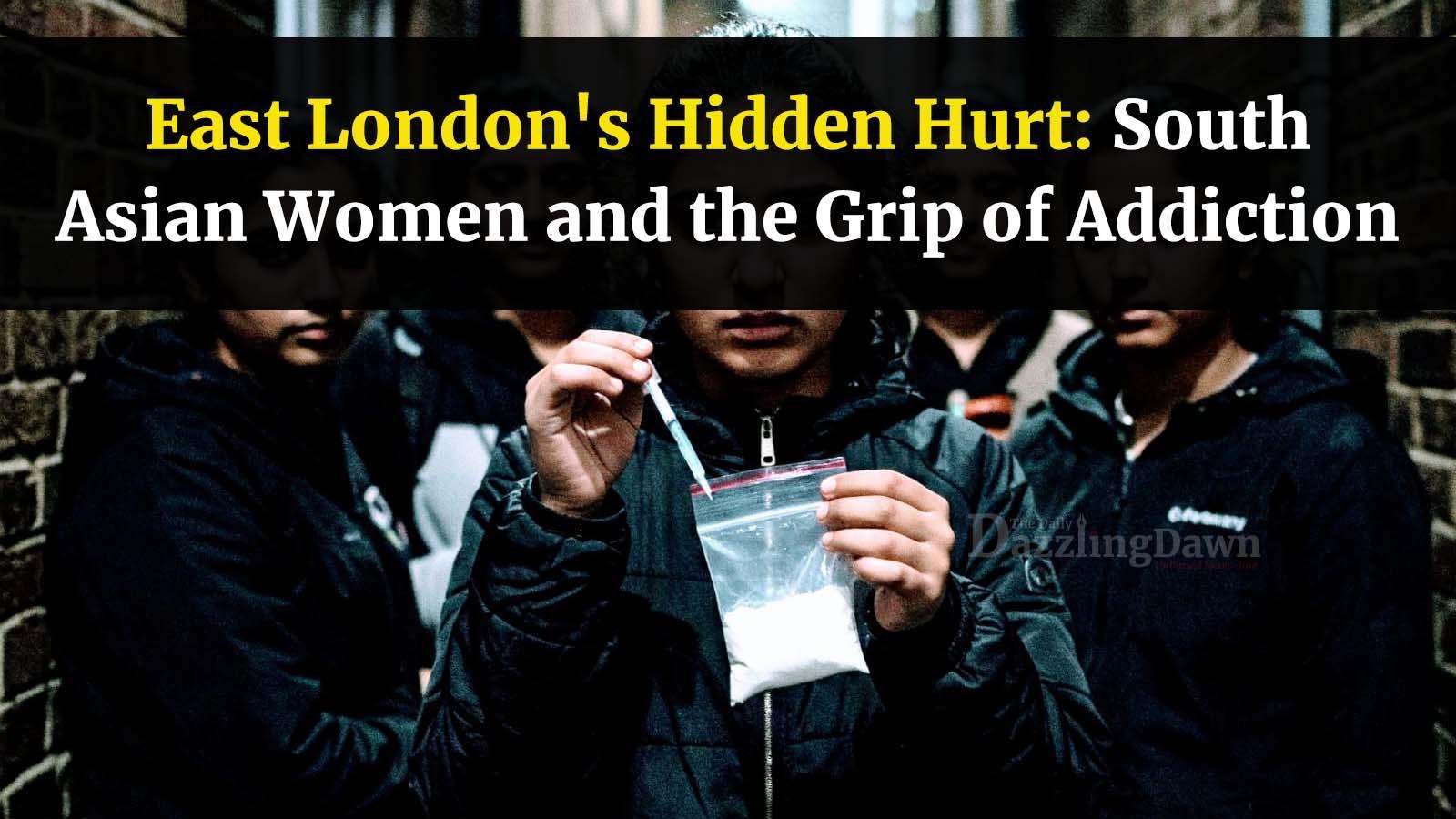In a quiet yet profound act of inclusivity, Practice Plus Group Hospital in Ilford has introduced disposable hijabs, a move that is resonating deeply within the British Muslim community, particularly among Bangladeshi women. This simple yet revolutionary initiative, born from the empathy of an operating department practitioner, is transforming the often intimidating experience of surgery into one of comfort and respect.
The seeds of this initiative were sown when Steven Palmer, observing the palpable anxiety of Muslim women wearing hijabs before their procedures, recognized a gap in the hospital's patient care. While standard theatre hats were available, they failed to address the specific needs and cultural sensitivities of hijab-wearing patients. Palmer's realization was a powerful reminder that true inclusivity extends beyond policy; it resides in the small, practical adjustments that affirm a patient's identity and dignity.
For British Bangladeshi women, who often hold their cultural and religious identity close, this initiative offers a significant sense of reassurance. The ability to maintain a modified version of their hijab during surgery, while adhering to stringent infection control standards, allows them to navigate a vulnerable moment without compromising their sense of self. It's a gesture that speaks volumes, acknowledging their unique needs and fostering a sense of belonging within the healthcare environment.
The impact of this initiative extends beyond mere comfort. It cultivates trust, a vital component of the patient-doctor relationship. When patients feel seen and respected, they are more likely to engage fully in their care, leading to better outcomes. For British Bangladeshi women, who may face language barriers or cultural misunderstandings, this gesture of respect can bridge divides and foster a sense of security.
Hospital director Mark Gilmour aptly describes inclusivity as "making small, thoughtful changes that help individuals feel comfortable, valued, and respected in environments that can otherwise feel intimidating or isolating." This initiative embodies that philosophy, demonstrating that even seemingly minor adjustments can have a profound impact on patient well-being.
The disposable hijab initiative is more than a practical solution; it's a symbol of progress, a testament to the hospital's commitment to cultural sensitivity and patient-centered care. For British Bangladeshi women, and the wider Muslim community, it represents a step towards a healthcare system that truly reflects the diversity of the society it serves, where dignity and respect are not privileges, but fundamental rights.
_2.jpg)
_1.jpg)






.svg)


